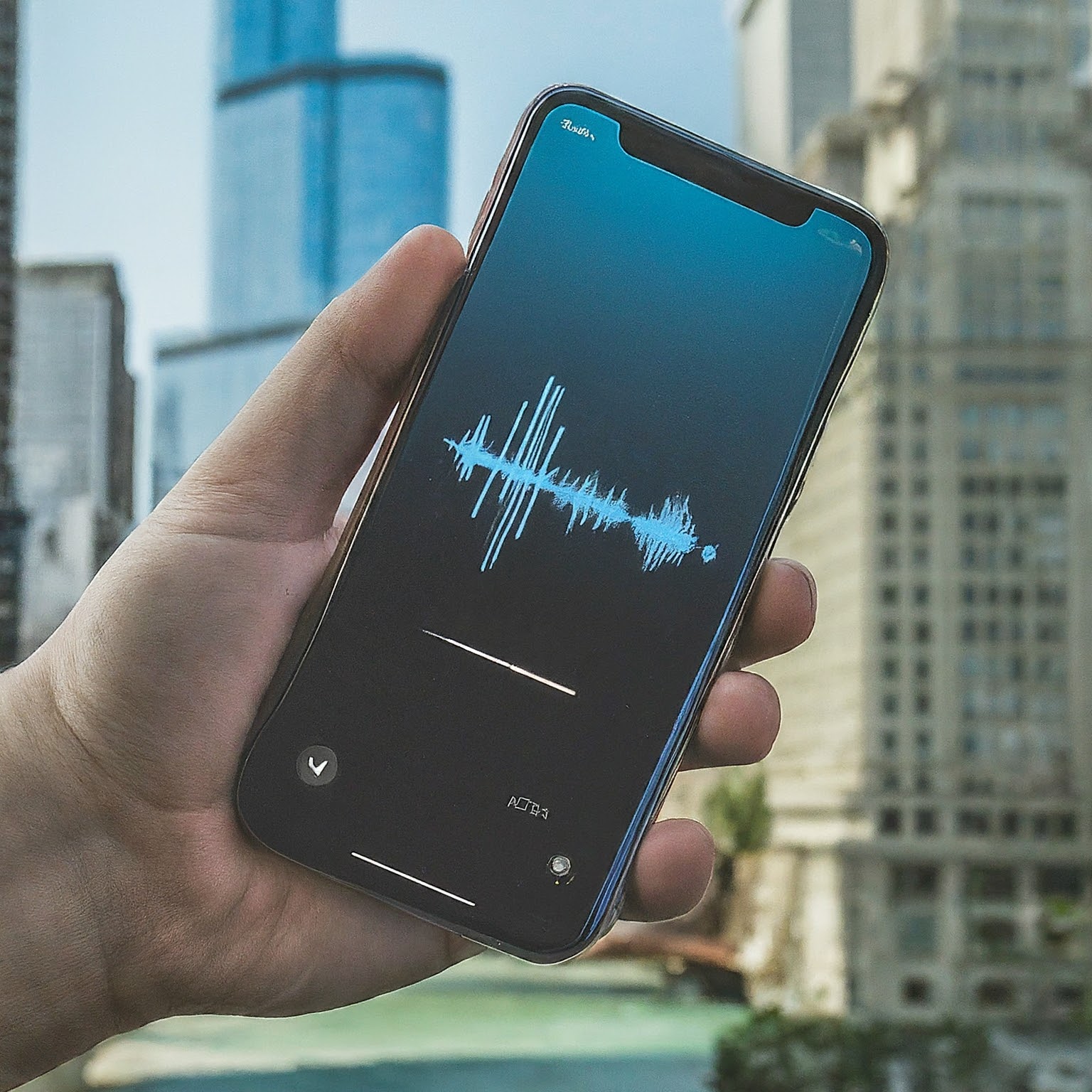As voice search continues to grow in popularity, optimizing your website for this trend has become crucial for businesses in 2024. With devices like Siri, Alexa, and Google Assistant leading the way, voice search is quickly becoming a dominant force in the digital space. By adapting your SEO strategy to capture voice-driven traffic, you can ensure that your business stays competitive, especially if you're targeting local markets like Chicago. Voice search is unique because it tends to be more conversational and specific, often involving local queries such as “Where’s the best coffee shop in Chicago?” Optimizing for this type of traffic involves several important steps.
First, focus on long-tail and conversational keywords. When users search by voice, they speak naturally, often in complete sentences. Instead of short, simple keywords, your content should target the kind of queries people would use in everyday speech. Think of questions like, “What’s the best Italian restaurant in Chicago?” or “Where can I get a haircut near me?” These queries offer an opportunity to match voice search habits and improve your rankings. Using tools like AnswerThePublic can help you discover popular voice search phrases that your Chicago audience might use.
Local SEO is another key component of voice search optimization. Many voice searches are for location-specific services or products. For instance, someone might ask, “Which digital marketing agencies in Chicago have the best reviews?” To capitalize on this, make sure your Google Business Profile is up-to-date and optimized with accurate business information, including your address, hours, and phone number. Incorporate local keywords related to Chicago in your content, meta tags, and URLs to increase visibility for local voice searches.
Mobile optimization is essential for voice search as well, since a large percentage of these queries happen on mobile devices. Ensure your website is mobile-friendly, with fast loading times and easy navigation. Google prioritizes mobile-optimized sites, which will help you rank higher in voice search results. Additionally, crafting content that answers common questions is a great way to align with voice search patterns. Consider adding FAQ sections to your website that address frequently asked questions about your business or industry, particularly those related to your location in Chicago.
Implementing structured data, such as schema markup, can further enhance your visibility in voice search. This microdata helps search engines better understand your content, increasing the chances of being featured in rich snippets, which are often used in voice search responses. For businesses in Chicago, structured data can be especially valuable in highlighting local information such as your address, phone number, business hours, and customer reviews.
Finally, page speed is a critical factor in optimizing for voice search. Users expect quick answers, and if your website loads slowly, it could negatively affect your rankings. A fast, responsive website is more likely to appear in voice search results, helping you capture more traffic. Tools like Google’s PageSpeed Insights can help identify areas for improvement.
By focusing on these strategies—targeting conversational keywords, optimizing for local searches, ensuring mobile-friendliness, using structured data, and improving page speed—you’ll be well-positioned to capture voice-driven traffic in 2024. With voice search continuing to rise, especially for local queries, adapting your SEO strategy for this growing trend is key to staying competitive in Chicago’s digital landscape.

